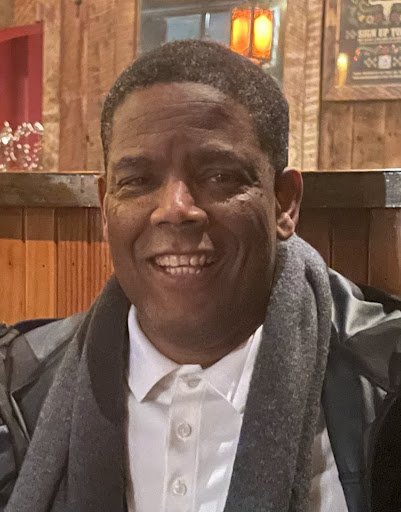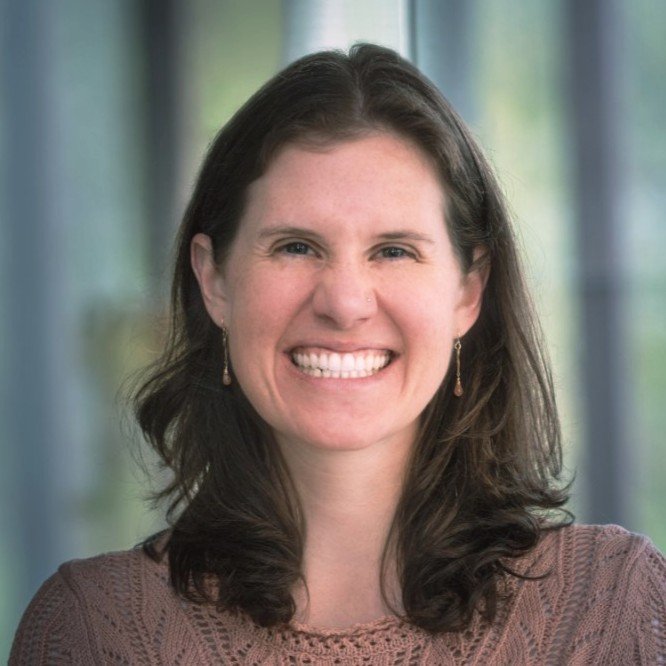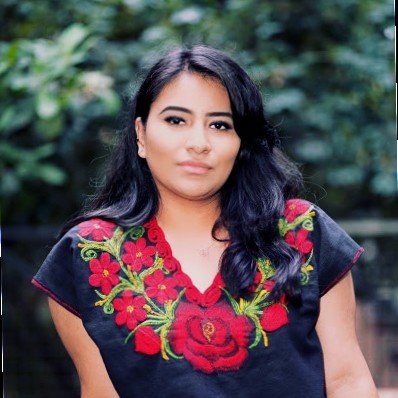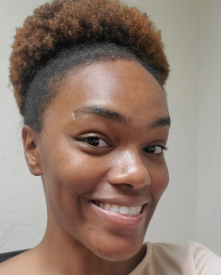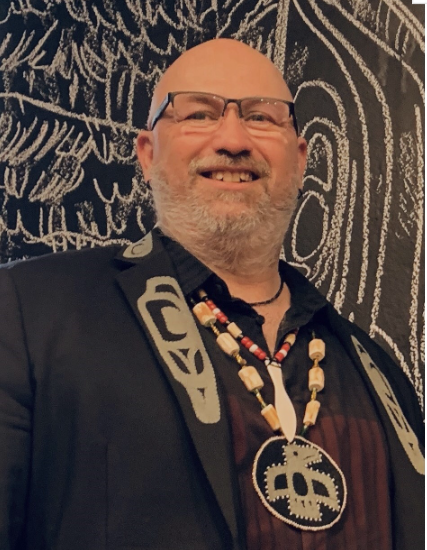Darryl Hunt
IT Business Manager, King County
Interview by Ethan Dith & Amanda Ong
November 18, 2022
Darryl Hunt is an IT Business Manager for King County, Washington. Hunt gave us a detailed explanation of what digital equity is as well as an account of his organization’s work to address digital inequity as well as what others are doing.
Q. What is your definition of Digital Equity?
DH: I look first at the problem, which is that digital inequity leaves several groups of people lacking the digital skills, devices, and level of internet access that have become so essential to full participation in our society. Digital Equity is when everyone has the technological access and knowledge needed for full participation in our society, democracy, and economy. Digital Equity is increasingly necessary for civic and cultural participation, employment, lifelong learning, and access to essential services.
Q. What values and/or principles are important for everyone in this space to do good work?
DH: Everyone working together for Digital Equity: It is important that we collaborate to create opportunities and that we make sound investments to reduce and eliminate historical barriers to technology access and use.
Q. What have been big wins for you and how did they happen? What sorts of support were needed for them?
DH: Some of the actions that stand out include:
1. Our team at King County government completed a 2020 Broadband Access Study, Accessible via: 2020 Broadband Access Study - King County
2. Washington State identified digital access and literacy as the 15th determinant of equity. This means that the state recognizes that eliminating disparities in terms of access, practices and procedures, quality of services, and programs correlate to better outcomes for people and a Washington where all can thrive.
3. Participating in a statewide Internet Action Crisis (I-ACT) Team during the COVID-19 Pandemic to strategize and coordinate technology resources and policy while the state was on lockdown with statewide shelter-in-place orders, including funding and supporting access to technology for remote schooling work, health resources, the continuation of government services, and setting up public WiFi locations.
4. Building the problem case, that is, figuring out the issues of digital inequity, getting the political support, and making the investments that are all necessary to create positive outcomes.
“Digital Equity is increasingly necessary for civic and cultural participation, employment, lifelong learning, and access to essential services. “
Q. What is your organization’s goal in moving towards digital equity? What steps are being made by your organization to reach that vision?
DH: I mentioned that we completed our 2020 Broadband Access Study. We hope that each city and town within King County will complete an individual assessment of their broadband status. The County, our state agencies, quasi-governmental organizations, and community-based non-profits are working collaboratively to remove the barriers to digital equity for every household in King County.
Q. What are some examples of good work so far and who’s been doing it? Who would you like to give a shout-out to?
DH:
King County completed its broadband Access Study, available at: 2020 Broadband Access Study - King County
The City of Seattle establish their “Internet for All” initiative. You can view it here: Internet for All Seattle - Tech | seattle.gov
King County has marketing and outreach for the Affordable Connectivity program. You can track enrollment here: King County Households Enrolled in Affordable Connectivity Program Map (arcgis.com)
The State of Washington Broadband Office has launched a number of digital equity and Broadband actions. You can view them at: Washington Statewide Broadband Act - Washington State Department of Commerce
Washington State launched its Broadband Speed test tool to inform what internet speeds you actually receive. Users can take the speed test from here: Washington State Annual Broadband Speed Test - Washington State Department of Commerce
Washington State legislature passed several new bills in 2022 to improve access to broadband and close the digital divide. Here’s the Digital Equity Bill and here’s the Retail Broadband services bill: Public Retail Broadband - Washington State Department of Commerce

